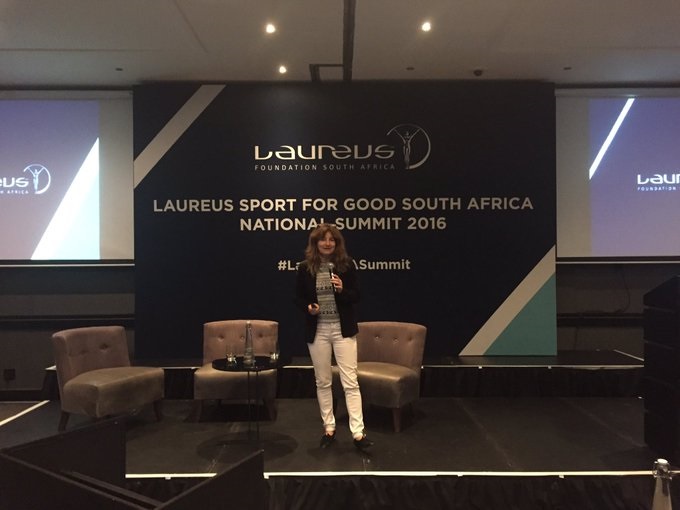Staff Reporter
THE shared vision of NASA Globe and the University of the Western Cape (UWC) Chair in Sport, Development, Peace, and Olympic Education (SDP) came to fruition, empowering educators globally for enhanced environmental awareness and intercultural competence to promote the Sustainable Development Goals.
Larisa K. Schelkin and Professor Michael Jabot – both teaching faculty at the UN Institute for Training and Research (UNITAR) in New York – initiated the collaboration with UWC UNESCO Chair Professor Marion Keim.
It culminated in Prof Keim’s facilitation of the first online Seminar on Intercultural Competence, Story Circles, and Olympic Values Education for NASA Globe on 26 February. Schelkin, CEO, President, and Founder of the Global STEM (Science, Technology, Engineering, and Math) Education Center, along with Prof Jabot – a State University of New York (SUNY) Distinguished Professor in Science Education – spearheaded this innovative teacher education initiative.
Their invitation to Prof Keim, who is a distinguished sports science, development, and peace studies teacher, garnered immediate interest, further strengthening the collaboration with NASA GLOBE.
NASA GLOBE is an international initiative fostering environmental science and learning. It aligns with UWC’s UNESCO Chair SDP focus and the UN Agenda 2030. This alignment promotes capacity building, research exchange, and joint learning, emphasising policy dialogue and collaboration in the SDG, SDP, and Olympic Education fields.
Based on research led by fellow UNESCO Chair, Dr Darla K. Deardorff, the Story Circle methodology was identified and adapted to foster a human rights-based approach to intercultural competencies. Piloted successfully by UNESCO in five regions worldwide, this methodology formed the cornerstone of the vibrant online seminar.
Educators from South Africa, Nigeria, the UK, and the US engaged in values-based approaches, exploring intercultural competence and story circles as transformative tools. Through storytelling, participants embraced shared humanity, recognising commonalities amidst diversity, echoing the spirit of ubuntu.
Prof Jabot remarked: “One of the greatest challenges we have in shaping the world for the students that we work with is developing the disposition that our students have toward the appreciation and consideration of views of the world that are different from ours.
“Story Circles allow for a unique way of helping students to develop these dispositions. As teachers, I often think that we are often driven to define student success based on the external measures that shape our educational systems.
“The reality of the situation is that when students leave our schools the world they enter won’t judge them based on these measures but rather on the qualities they exhibit as a person and the quality of the work they contribute to make the world better.
“With a strategy like Story Circles, I think we as teachers can shape our work to help students understand that they can lead a purposeful life where their achievements are based on the impact their actions have, and that their successes are based on serving others based on the principles that matter most to them.”
Schelkin summarised the first NASA Globe – UWC collaboration: “In our journey to nurture a global community that is both environmentally conscious and culturally competent, the collaboration between NASA GLOBE and the UNESCO Chair SDP exemplifies the strength of international educational initiatives.
INSIDE EDUCATION







